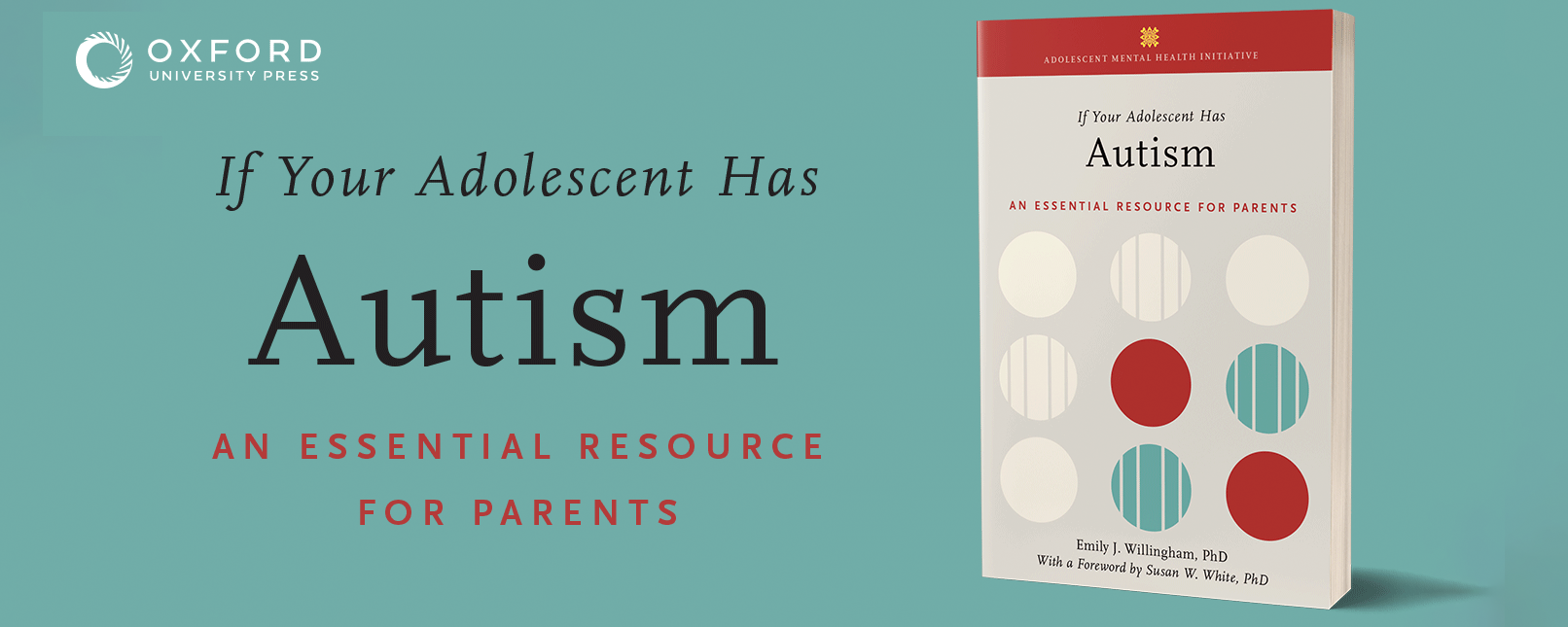With a little over a month to go before Election Day, the public has a lot to learn about the 2012 presidential race according to a national telephone survey of 1,522[1] adults 18 years of age or older conducted by Social Science Research Solutions (SSRS) for the Annenberg Public Policy Center (APPC) of the University of Pennsylvania.
To determine how knowledgeable the public is about the 2012 presidential race, we asked our sample about matters affecting the 2012 campaign and the candidates’ issue positions. The results from this survey indicate that the candidates are not doing a very good job informing the public.
- Percent who knew that the following statements are accurate:
- 51.0% – “The current Romney-Ryan plan would preserve traditional Medicare for those 55 and older and retain traditional Medicare as an option for those now younger than that.”
- 55.5% – “The Affordable Care Act, which some refer to as Obamacare, increases the amount of coverage senior citizens have for prescription drugs.”
- 58.0% – “Over a quarter of the money spent as part of the stimulus which was passed in the first year of Obama’s presidency gave tax relief to American workers.”
- 52.6% – “As head of the 2002 winter Olympics in Salt Lake City, Mitt Romney secured congressional earmarks to support the games.”
- 54.3% – “General Motors announced that it would close the automotive plant in Janesville, Wisconsin in 2008 before Barack Obama became president.”
- Percent who knew that the following statements are inaccurate:
- 49.3% – “Half of all American adults under the age of 30 are currently unemployed.”
- 56.4% – “No new jobs have been created as a result of the stimulus which was passed in the first year of Obama’s presidency.”
- 41.2% – “The Affordable Care Act, which some refer to as Obamacare, includes ‘death panels’ that will ration health care to those in their final months of life.”
- 30.8% – “The Romney-Ryan plan promises to eliminate the Pell Grant Program, which provides grants to low-income college students.”
- 24.9% – “While at Bain, Mitt Romney asked the government for a taxpayer funded bailout for one of Bain’s companies.”
- 27.9% – “Barack Obama argued for congressional adoption of the recommendations of the Bowles-Simpson report, a report of recommendations from a bipartisan commission to reduce the deficit.”
- 22.0% – “Paul Ryan argued for congressional adoption of the recommendations of the Bowles-Simpson report, a report of recommendations from a bipartisan commission to reduce the deficit.”
- 37.1% – “General Motors is currently the number one ranking automobile company in global sales.”
- Approximately half (51.5%) knew that Mitt Romney would keep the Bush tax cuts in place permanently.
- 31.0% knew that when Mitt Romney was governor of Massachusetts, job growth in Massachusetts improved.
- Slightly more than half (56.9%) knew that Paul Ryan is the Republican vice-presidential nominee.
- Fewer than half (44.9%) knew that Mitt Romney and not Barack Obama promised to increase military spending.
- Only 22.8% were aware that payroll taxes decreased during Barack Obama’s time in office.
- Roughly a quarter (25.4%) knew that more jobs were created in the first term of Barack Obama than in the last term of George W. Bush.
When asked “what is Barack Obama’s religion?”, 51.9% identified a Christian denomination, 15.9% said Muslim, and 28.8% did not know. When asked the same of Mitt Romney, 67.1% identified him as Mormon, 12.1% identified him with some other Christian denomination, and 20.0% said that they did not know.
Assessments of misleading ad and viral email claims or insinuations:
- “Mitt Romney says that as president he will work to make abortion illegal in all circumstances.” (41.6% know that that statement is not accurate)
- “Barack Obama has dropped all work requirements for individuals receiving welfare.” (53.8% know this is not accurate)
- “While in foreign countries, Barack Obama has repeatedly apologized for America.” (35.8% know that that statement is not accurate)
- “While Mitt Romney was in charge of its day to day operations, Bain Capital outsourced jobs to other countries.” (15.7% knows that this claim is not accurate)
- “Under the Affordable Care Act, which some refer to as Obamacare, over the next ten years, $716 billion will be cut from benefits seniors receive.” (42.9% know that this claim is not accurate)
While there is a lot about the presidential race that the public does not know, there are some instances in which the public is fairly knowledgeable.
- Percent who knew that the following statements are accurate:
- 89.7% – “The national unemployment rate has been over eight percent for more than a year”
- 69.7% – “The Supreme Court held that the fine in the Affordable Care Act, which some refer to as Obamacare, was constitutional since it is a tax.”
- 69.0% – “In their decision to downgrade the American economy from the highest rating of Triple A to Double A Plus, Standard & Poor’s blamed both Democrats and Republicans for the downgrade.”
- 73.7% knew that Joe Biden is the current vice-president of the United States.
- Roughly two in three (65.7%) knew that Barack Obama proposes raising federal income taxes on households earning $250,000 or more per year.
Those Who Go To Fact-Checking and News Websites Know More about the 2012 Presidential Race
Of the thirty total knowledge questions[2] asked, the sample on average answered 45.7 percent correctly.[3] However, the responses of those who reported going to either a fact-checking website or a news website to “find out whether a statement about one of the presidential candidates was accurate or not” were more accurate than were the responses of others. Those who reported going to a fact-checking website (N=133) answered 55.5 percent of the questions correctly, compared to 45.3 percent for those who did not go to a fact-checking website (N=1,362). Similarly, those who reported going to a news website (N=197) answered 52.6 percent of the questions correctly, compared to 44.9 percent of those who did not go to a news website (N=1,297). These differences remain significant (fact-checking website: p<.01; news website: p<.05) after controlling for a number of factors, including party identification, ideology, how closely they are following the election, gender, age, education, and race.
Methodology
The first wave of the Annenberg Public Policy Center’s 2012 Political Knowledge Survey was conducted by telephone between September 13 and September 19, 2012. (The second wave will be conducted in the days before the first debate, the third in the days immediately following the final debate, and the fourth immediately after the election.) In total, 1,522 interviews were completed in the first wave; 721 were completed with respondents in battleground states (478 by landline; 243 by cell phone) and 801 with respondents in non-battleground states (508 by landline and 293 by cell phone). Battleground states consisted of Colorado, Florida, Iowa, New Hampshire, Nevada, Michigan, North Carolina, Ohio, Pennsylvania, Virginia, and Wisconsin. Interviews were completed in English and Spanish. The data were weighted separately for the battleground and non-battleground samples and then combined to reflect the proportion of the adult population in the battleground and non-battleground states. Weighting corrected for known differences in the probability of selection of respondents, and balanced to known population parameters based on the 2012 March Supplement of the U.S. Census Bureau’s Current Population Survey (CPS). Weighting parameters included gender, age, race, education, Census region, and population density (based on the 2010 Decennial Census). In addition, the data were weighted to reflect the distribution of the adult population by phone status (cell phone only, landline only or dual-user), based on the CDC’s 2011 National Health Interview Survey (NHIS). Adjusting for the effect of weighting, the maximum margin of sampling error for the full sample is +/-3.2% at the 95% confidence level. Interviewing, weighting, and tabulation were conducted by Social Science Research Solutions (SSRS) of Media, PA. On the questions that assessed accuracy of statements, we asked: “I’m going to read you some statements made in the 2012 presidential campaign and then ask you how accurate you think the statement is. Please tell me if you think it is very accurate, somewhat accurate, not too accurate, or not accurate at all.”
Appendix
Some of the knowledge questions elicited a high level of “do not know” responses. Below is a list of these questions and the percent of respondents who did not provide an answer on the grounds that they did not know.
| Question | % Who Said “Don’t Know” |
| I’m going to read you some statements made in the 2012 presidential campaign and then ask you how accurate you think the statement is. Please tell me if you think it is very accurate, somewhat accurate, not too accurate, or not accurate at all… | |
| 26.4 |
| 39.2 |
| 20.9 |
| 29.6 |
| 35.6 |
| 27.2 |
| 31.9 |
| To the best of your knowledge, when Mitt Romney was governor of Massachusetts, did job growth in Massachusetts improve, remain the same, or get worse? | 24.1 |
| What is Barack Obama’s religion? | 20.0 |
| What is Mitt Romney’s religion? | 28.8 |


